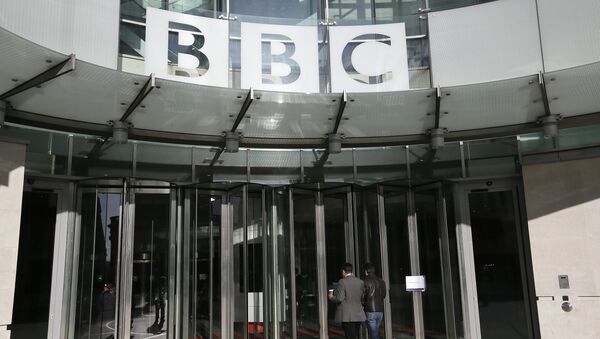The British broadcaster, the BBC, announced on Wednesday that it will be axing 520 jobs from a workforce of around 6,000.
Director of BBC News and Current Affairs Fran Unsworth said the state corporation, which is largely funded by licence fees paid by British viewers, had to reorganise itself to remain sustainable.
According to reports, the new arrangement will see fewer stories produced, with more targeted output intended to have more of an impact.
This number is an increase of 70 layoffs included in an £80 million savings plan in January, which was put on hold due to the coronavirus pandemic.
It will also see the end of well known programmes, including the Andrew Neil show, which has been off air throughout the COVID-19 crisis but will now not return, as Neil remains in talks for a new interview platform.
BBC World Service, World Update and The World This Week will also come to an end, and daily current affairs show Newsday will run for shorter lengths of time.
Most of the corporation's social media accounts will close in order for the organisation to focus on its core accounts: @bbcnews, @bbcworld, and @bbcbreaking.
Helen Thomas, the director of BBC England, said that the BBC's local and regional services were formed 50 years ago, and "have changed very little and need significant reinvention".
"We are in the age of the Facebook community group and the WhatsApp neighbourhood chat. We must adapt to better reflect how people live their lives, how they get their news and what content they want", she said.
She added that she was "confident that the BBC" could change and "modernise" the corporation's services, keeping it more in touch in communities and "better serving" audiences.
The BBC said in 2016 that it had to reach £800 million in savings, with around £80 million coming from News output.
The announcement comes on the same day that UK daily newspaper The Guardian has said it will be losing up to 180 jobs, including 70 editorial positions.
The wider economic downturn as a result of the coronavirus pandemic has seen UK high street and retail companies initiating large-scale layoffs numbering in the tens of thousands.


